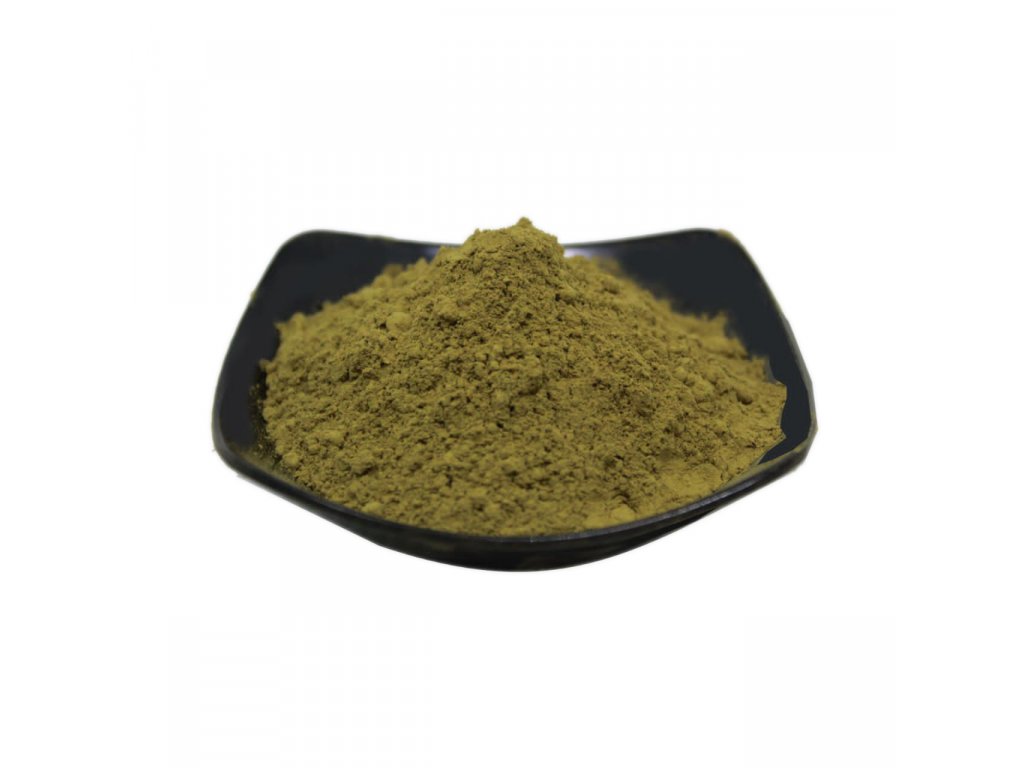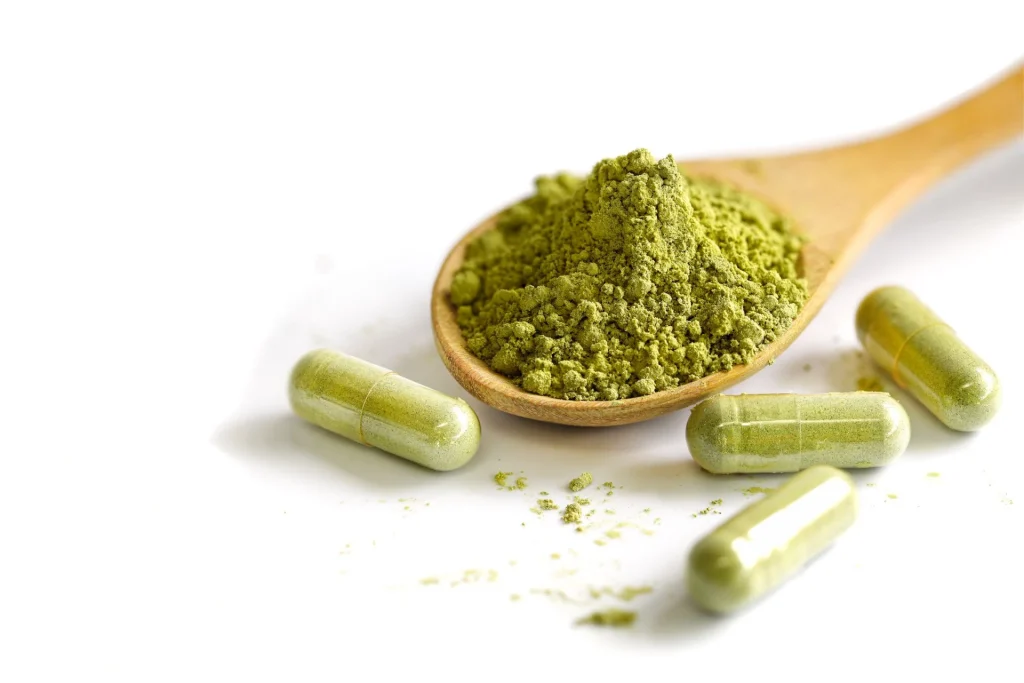Is Kratom legal for pain relief?

In the realm of alternative medicine, Kratom has surged in popularity as a potential remedy for pain relief. Derived from the leaves of the Mitragyna speciosa tree native to Southeast Asia, the Best Kratom Strains have been used traditionally for centuries. However, its legality and safety for pain management have become subjects of intense debate and scrutiny in recent years.
Kratom contains alkaloids that interact with opioid receptors in the brain, leading to pain relief and mood enhancement. Many individuals praise its efficacy in managing chronic pain, citing its ability to alleviate discomfort without the addictive qualities often associated with traditional opioids. Advocates argue that Best Kratom Strains offers a natural and accessible solution for those grappling with pain conditions, particularly in regions where conventional medical options may be limited.
Despite its potential benefits, the legal status of Kratom remains ambiguous in many parts of the world. In the United States, the Drug Enforcement Administration (DEA) has classified Kratom as a “Drug of Concern,” citing potential risks such as addiction, dependence, and even death. Consequently, several states have enacted legislation to ban or regulate its sale and possession. However, Kratom remains legal at the federal level, albeit subject to ongoing regulatory scrutiny.

The controversy surrounding Kratom primarily stems from concerns regarding its safety and potential for abuse. While proponents highlight its historical use and anecdotal evidence supporting its efficacy, critics point to reports of adverse effects, including nausea, dizziness, and even psychosis in extreme cases. Moreover, the lack of standardized regulation raises questions about product purity and dosage consistency, further complicating its safety profile.
In navigating the legality of Kratom for pain relief, individuals are urged to exercise caution and diligence. Consulting with a healthcare professional is paramount, particularly for those with pre-existing medical conditions or who are concurrently taking other medications. Furthermore, sourcing Kratom from reputable vendors who adhere to quality control standards can mitigate risks associated with contamination or adulteration.
From a regulatory standpoint, advocates continue to push for greater research and education surrounding Kratom, advocating for evidence-based policies that balance access with safety. Efforts to establish guidelines for production, labeling, and distribution aim to safeguard consumers while preserving their autonomy to explore alternative therapies.



